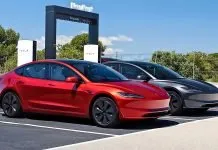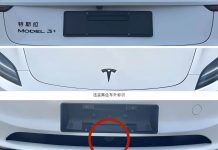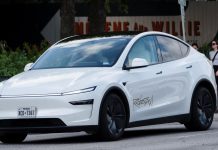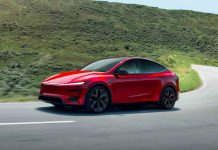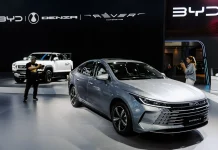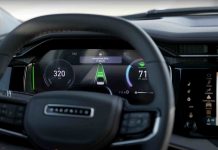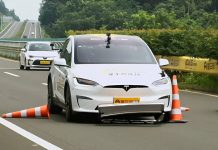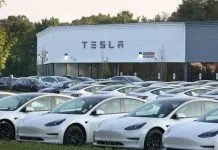Traditional automobile producers must deal with unprecedented challenges in their Chinese market operations as domestic electric vehicle (EV) manufacturers grow in power across the sector. Consumer demand is now shifting toward budget-friendly electric vehicles with advanced technology yet traditional companies such as General Motors (GM), Toyota, Ford, and Volkswagen encounter declining market share.
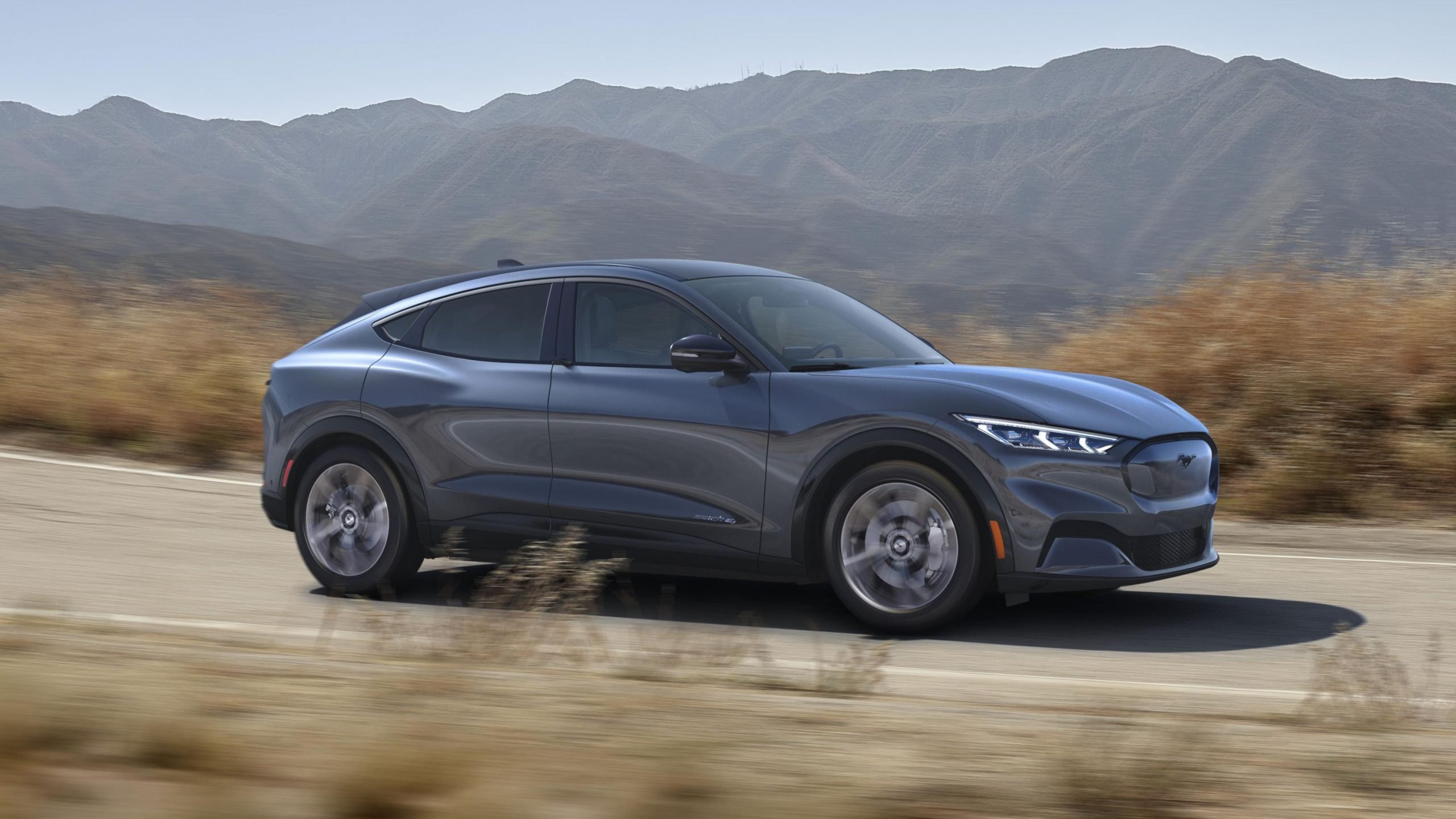
Former GM Chairman Says Legacy Automakers Are Failing in China
Legacy manufacturers operating in China have seen their sales plummet during the past few years. GM and Ford’s vehicle manufacturing operations have led to significant financial losses, and their survival forecasts show potential business closure in the next five years. The massive surplus of unsold vehicles, including internal combustion models, continues to worsen as they remain parked in lots nationwide. Chinese consumers maintain their economic capabilities yet show a preference for alternative vehicles instead of traditional ones.
Home-grown brands have experienced spectacular growth rates. Chinese automakers lead the electric vehicle market by holding eighteen positions in the bestselling automotive list except for Tesla the lone non-Chinese contender. Fully electric vehicles seized 51% market share from only 37% within a single year demonstrating the swift direction towards electric operations. The automotive industry transformation has forced established automakers to rapidly adjust their business approaches and vehicle developments.
Impact of Electric Vehicles
Traditionally built automobiles have placed pressure on car manufacturers to develop new business strategies. Legacy car companies face challenges in engine powertrain adaptation because their income heavily depends upon traditional car sales. Industry experts project legacy companies face imminent bankruptcy unless they transform their business models before the end of the following decade.
Chinese EV producers maintain their competitive position thanks to factory cost optimization, generous state support, and efficient production structures. Due to their efficiency, Chinese producers have made it impossible for foreign manufacturers to maintain parity in pricing or product development. Recently emerged automobile manufacturers can construct their complete supply chains anew to best suit EV manufacturing requirements.
Cultural and Strategic Shifts Needed
To survive in this evolving landscape, legacy automakers must undergo profound transformations. Companies must redesign their public brands to appeal to environmentally minded buyers while pumping intensive funds into EV system innovation. Ford has established separate electric vehicle divisions across its operations to quicken strategic decisions and promote innovative breakthroughs.
Foreign automakers who want to regain market positions in China will need to develop important partnerships with local companies. To meet Chinese customer needs BMW operates joint venture operations which develop electric automobile models with competitive features.
Conclusion
Legacy automobile companies confronting intricate challenges enable us to understand why a turning point is emerging within the automotive sector. Traditional manufacturers face extinction unless they adopt changes because domestic automotive brands succeed with their affordable electric vehicle innovations.
These companies must activate decisive strategies because they will cross through an industry structure that combines severe market competition with changing consumer behavior patterns. Inadequate prompt action can precipitate substantial business losses and possibly cause permanent removal from vital market sectors.

